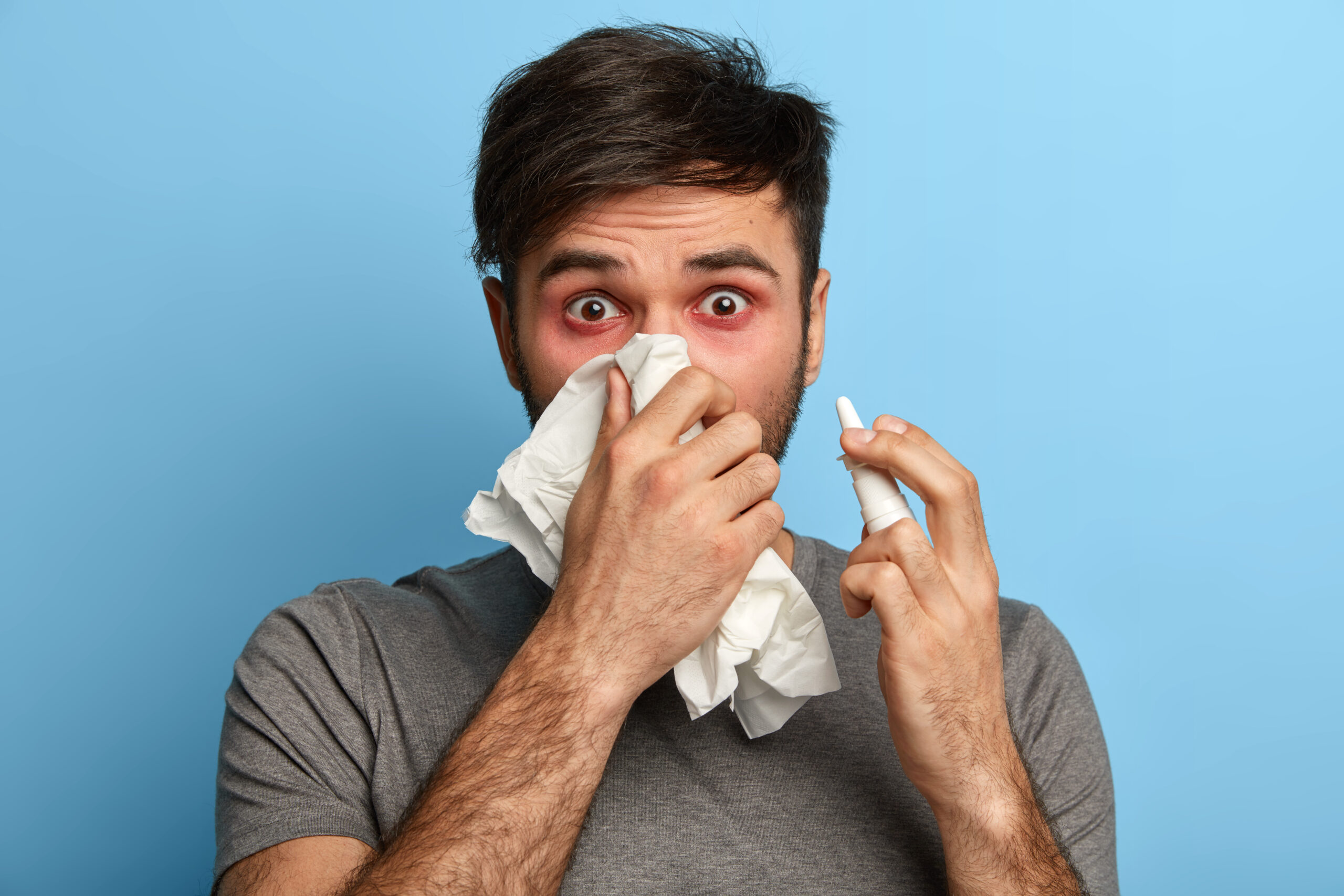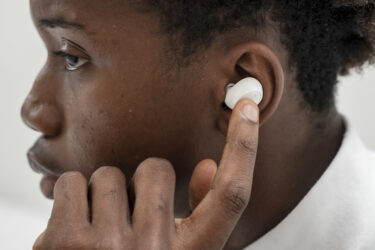Whenever our body comes in contact with an allergen, it sets off an immune response to fend off the foreign element. As a result, the airways or sinuses swell up. This sudden inflammation may trigger nasal polyps, a cluster of translucid growth that accumulates in the nasal tract. People can, however, avoid this condition by understanding how the following allergies and nasal polyps are linked and by staying away from triggers.
Pollen allergy
Pollen released from plants is a common allergen that irritates the nasal passage. The trees, flowers, and weeds in the environment fill the air with pollen grains. When people inhale these grains, their bodies may not react in the best way. They may experience symptoms like runny nose, wheezing, and congestion. If a person already has nasal polyps, chances are their condition may worsen, and they may find it difficult to breathe from the nose.
Pet dander allergy
Pet dander is the little flecks of skin from birds, cats, and dogs that accumulate over time. It’s a common allergen that can cause inflammation of mucous membranes, which may lead to nasal polyps, and in some cases, asthma. People who are prone to allergies from pet dander should avoid visiting animal shelters or homes with pets.
Dust allergy
The dust in the air may play a significant role in the development of nasal polyps. People who are allergic to dust mites have to suffer from continuous sneezing, leaky nose, and itchiness. These lead to inflammation of the tissues in the airways and create conditions that may induce the growth of polyps. If a person has a dust allergy, they should wear a mask whenever they enter musty rooms or clean old furniture.
Aspirin allergy
The body sometimes reacts harshly to over-the-counter medicines like aspirin. Within an hour or so of taking the tablet, one may develop an allergic reaction to it. Hives appear over the skin, and the nose begins to leak. These conditions can lead to tiny developments of nasal polyps. Swellings may appear in the nose, too, which may prolong recovery.
Mold allergy
People who have mold allergies often sneeze or cough when they come in contact with fungi. Some have it worse and have to deal with itchy eyes, blockage in airways, and also nasal polyps. By keeping rooms clean and surfaces free of moldy substances, people may lower the risk of these conditions. A humidifier can also help reduce mold accumulation and prevent nasal polyps.
Allergies can make one feel sick for days, especially when they trigger nasal polyps and cause serious discomfort. If these two conditions occur together, speak to a health care provider and receive the treatment to feel better.







